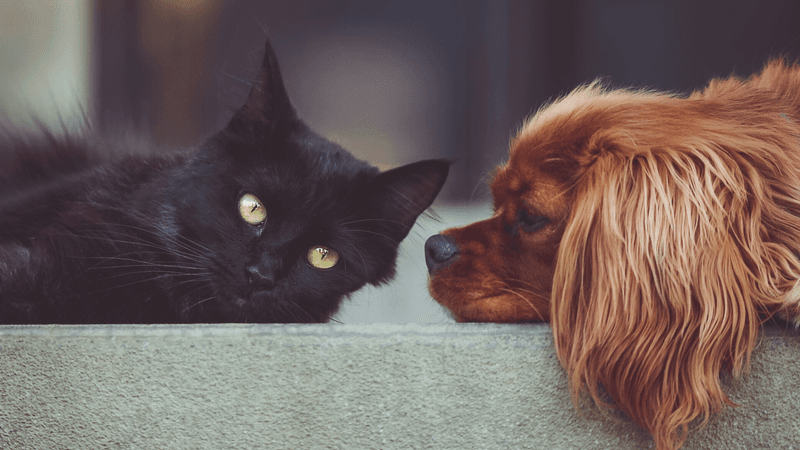Making Provisions for Pets in Your Will: Why It Matters

For many of us, pets are not just animals — they are family. They provide companionship, loyalty, and unconditional love. But have you ever considered what would happen to your beloved pet if you were no longer around to care for them?
Making provisions for pets in your Will is an important step to ensure they are properly cared for after your death. It provides peace of mind for you, and security for your pet’s future.
Why Make Provisions for Pets?
1. Legal Considerations
Under UK law, pets are regarded as personal property. This means that, without specific instructions, they may be passed on along with your other possessions, potentially ending up with someone who is unable or unwilling to care for them. Making clear provisions ensures your pet goes to someone you trust.
2. Protecting Your Pet’s Welfare
Leaving instructions in your Will helps ensure that your pet’s daily needs — from diet and exercise to veterinary care — will continue to be met according to your wishes.
3. Avoiding Family Disputes
Sometimes, multiple family members may want to care for a pet — or sometimes, none at all. Clear instructions can prevent disagreements and make a difficult time a little easier for your loved ones.
How to Make Provisions for Pets in Your Will
1. Appoint a Caretaker
You should name a person (or a backup person) who is willing and able to take on the responsibility of caring for your pet. Always discuss this with them beforehand — you want to be sure they are genuinely happy to accept the role.
2. Consider Financial Support
Looking after a pet can be expensive. You can set aside a sum of money in your Will specifically for your pet's care, either by:
- Leaving a cash gift to the nominated caretaker, with a request that it is used for the pet.
- Setting up a discretionary trust, where funds are managed by trustees for the benefit of your pet (this is more complex but may be appropriate for very valuable animals or pets with specialist needs).
3. Provide Detailed Care Instructions
While these don't necessarily need to be in your Will itself (which becomes a public document after probate), you can leave a separate "Letter of Wishes" alongside your Will. This can include details such as:
- Veterinary contacts
- Medical history
- Dietary preferences
- Exercise routines
- Personality traits
4. Name a Charity as a Backup
If you cannot find a suitable individual, many animal charities offer rehoming schemes for pets whose owners have died. You can name a charity like the RSPCA, Battersea Dogs & Cats Home, or The Cinnamon Trust as an alternative, ensuring your pet will be found a loving new home.
Things to Bear in Mind
- Keep it updated: If you acquire new pets or your chosen caretaker’s circumstances change, remember to review and update your Will accordingly.
- Be realistic: Consider the age and health of both your pet and your nominated caretaker when making plans.
- Be specific: Make it absolutely clear in your Will which pet or pets the instructions relate to, especially if you own multiple animals.
Final Thoughts
Including your pet in your estate planning is an act of love and responsibility. It’s not just about who will take them — it’s about ensuring they continue to live the safe, happy life you provided for them.
If you are making or updating your Will, it’s the perfect time to think about your pets too. A little planning now can make a world of difference later on.

Making a Will
Get in touch with our Wills and Probate team by calling 033 0300 1103 to arrange an appointment or Request A Call Back from us instead. More information on Wills can be found here: